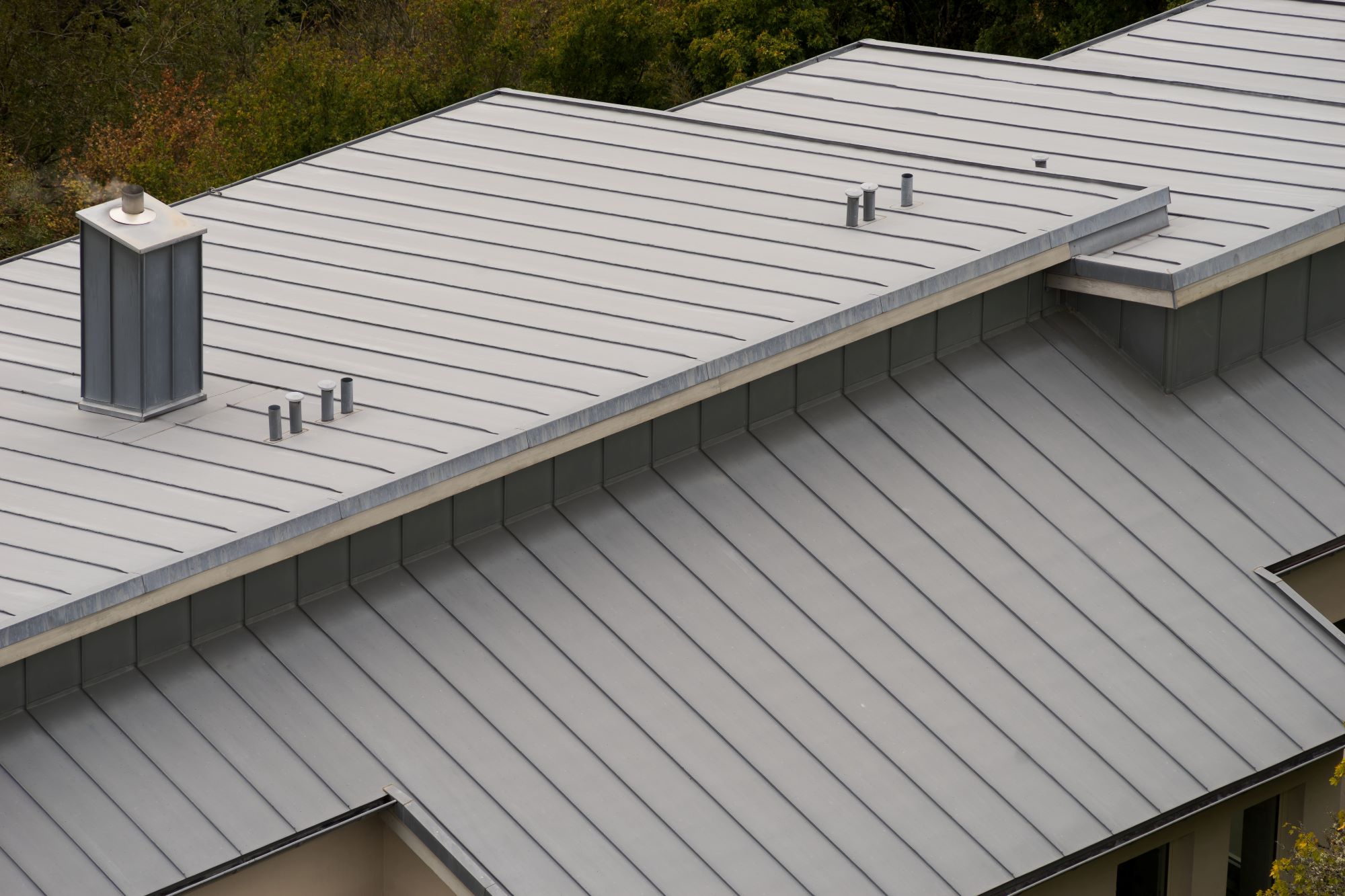When homeowners or business owners consider a roof replacement or a new roof installation, one critical question often arises: “Do I need a permit for roof installation?” The short answer is yes, in most cases, but the specifics can vary widely depending on your location, the scope of the work, and the type of building (residential or commercial). This comprehensive guide will explore the nuances of obtaining permits for roofing work.
Understanding the Need for Permits
Permits for roofing projects are typically required to ensure that any work done meets current building codes, safety standards, and zoning laws. These regulations are in place to protect property owners, occupants, and the community at large by ensuring that all construction work, including roof replacement and installation, is performed to a certain standard that minimizes the risk of structural issues, water damage, and other safety hazards.
Residential Roofing Permits
When you hire a residential roofing company for a new roof installation or replacement, they will often handle the permit acquisition process on your behalf. However, it’s essential for homeowners to understand why permits are necessary and what the process involves. Permits for residential roofing projects ensure that the work complies with local residential construction codes. These codes cover a range of requirements, including materials, installation methods, and structural integrity. The permitting process may involve submitting detailed plans of the proposed work, inspections during and after the installation, and a final approval to certify that the work meets all required standards.
Commercial Roofing Permits
For commercial properties, the process can be more complex. Commercial roof contractors are usually well-versed in navigating the intricacies of obtaining permits for roofing projects on commercial buildings. These projects often face stricter regulations and standards, reflecting the larger scale and increased usage demands of commercial structures. The permitting process ensures that commercial roof installations or replacements adhere to specific safety, energy efficiency, and durability standards. It often involves a more detailed review and multiple inspections to address the unique aspects of commercial roofing systems.
The Role of Roofing Services in the Permit Process
Whether for residential or commercial projects, professional roofing services play a crucial role in the permit process. These companies are typically familiar with the local building codes and permit requirements in the areas they serve. They know how to prepare the necessary documentation, including detailed project descriptions, architectural plans, and materials lists, to streamline the permit application process. By leveraging their expertise, property owners can avoid common pitfalls and delays that may occur when attempting to navigate the permitting process independently.
Why Permits are Crucial for Roof Installation
Obtaining a permit before starting a roof replacement or installation project is crucial for several reasons:
- Compliance: Ensures that the roofing project complies with the latest building and safety codes, which can vary significantly from one jurisdiction to another.
- Safety: Protects the safety of the building’s occupants and the general public by requiring that roofing work meets established safety standards.
- Insurance: Many insurance policies require that any major home improvements, including roof work, be performed with the proper permits to maintain coverage.
- Value: When selling your property, potential buyers and their lenders will want to ensure that all major work, including roofing, was done with the necessary permits, affecting the property’s value and salability.
Navigating the Permit Process
The process for obtaining a roofing permit typically involves several steps:
- Research: Before initiating your roofing project, research your local building department’s requirements. This can usually be done online or by visiting the department in person.
- Application: Submit a permit application, which may require detailed project plans and specifications.
- Review: The local building department will review your application and plans to ensure they comply with local codes and standards.
- Inspection: Once the permit is granted, and the work is underway, inspectors may visit the site to ensure the project adheres to the approved plans and complies with all regulations.
- Completion: After the project is completed, a final inspection is typically required to close out the permit. Upon passing this inspection, the work is officially approved.
Conclusion
In conclusion, obtaining a permit for a new roof installation or roof replacement is an essential step that should not be overlooked. Whether you’re working with a residential roofing company or commercial roof contractors, it’s vital to ensure that all roofing services performed on your property are fully compliant with local regulations and standards. While the process may seem daunting, it’s a crucial aspect of responsible property ownership and management, safeguarding the safety, compliance, and value of your property. Remember, investing in professional roofing services not only ensures quality workmanship but also peace of mind, knowing that your project adheres to all necessary legal and safety requirements.
- Roofing Company Denver CO
- Roofing Company Fort Collins CO
- Roof Installation Denver CO
- Roof Installation Fort Collins CO
- Roof Repair Denver CO
- Metal Roof Installation Denver CO
- Metal Roof Repair Denver CO
- Flat Roof Installation Denver CO
- Flat Roof Repair Denver CO
- Tile Roof Installation Denver CO
- Tile Roof Repair Denver CO
- Commercial Roofing Denver CO
- Roofing Company Littleton CO
- Roofing Company Colorado Springs CO
- Roofing Company Boulder CO
- Roofing Company Arvada CO
- Roof Installation Littleton CO
- Roof Installation Colorado Springs CO
- Roof Installation Boulder CO
- Roof Installation Arvada CO
- Roof Repair Fort Collins CO
- Roof Repair Littleton CO
- Roof Repair Colorado Springs CO
- Roof Repair Boulder CO
- Roof Repair Arvada CO
- Commercial Roofing Fort Collins CO
- Commercial Roofing Colorado Springs CO
- Commercial Roofing Boulder CO
- Roofing Company Longmont CO
- Roof Installation Longmont CO
- Roof Repair Longmont CO
- Metal Roof Installation Longmont CO
- Flat Roof Installation Longmont CO
- Home Remodeling Longmont CO
- Commercial Roofing Longmont CO
- Commercial Roof Replacement Denver CO
- Commercial Roof Replacement Longmont CO
- Commercial Roof Installation Denver CO
- Commercial Roof Installation Longmont CO
- Commercial Roof Company Denver CO
- Commercial Roof Company Longmont CO
- Commercial Roof Contractor Denver CO
- Commercial Roof Contractor Longmont CO
- Window Installation Denver CO
- Window Installation Longmont CO
- Window Contractor Denver CO
- Window Contractor Longmont CO
- Window Replacement Denver CO
- Window Replacement Longmont CO
- Window Installation Company Denver CO
- Window Installation Company Longmont CO

